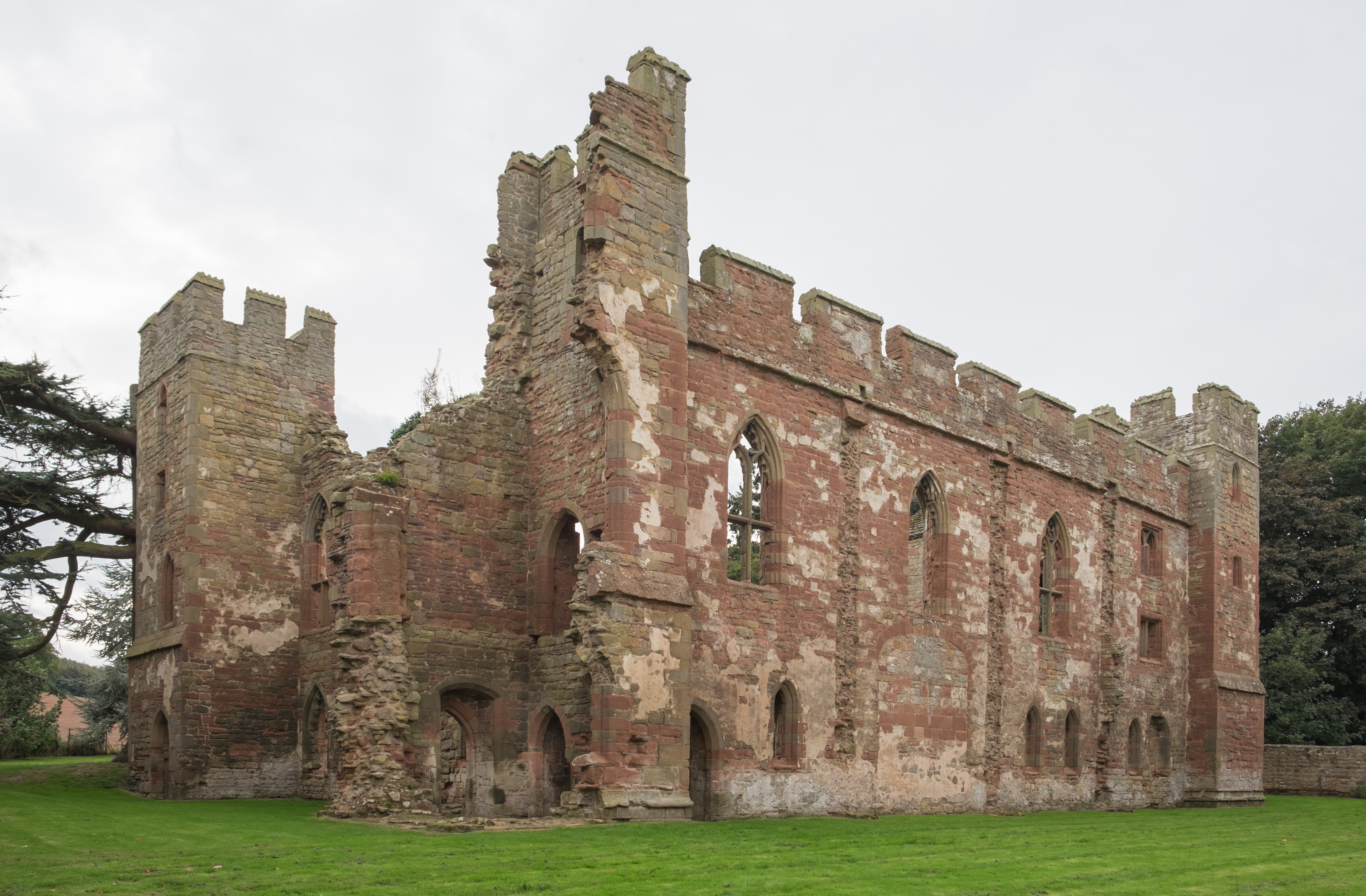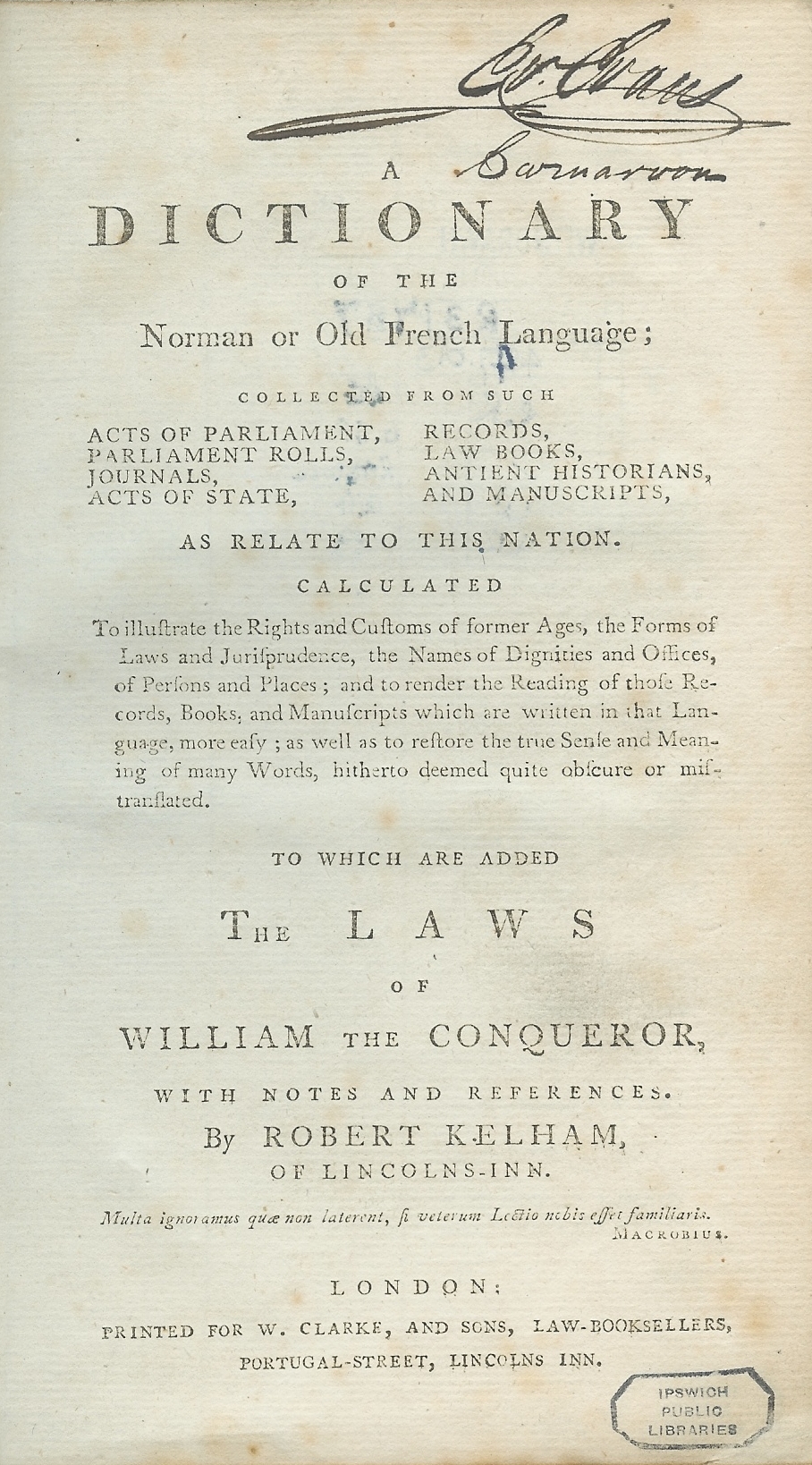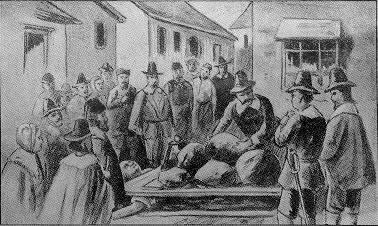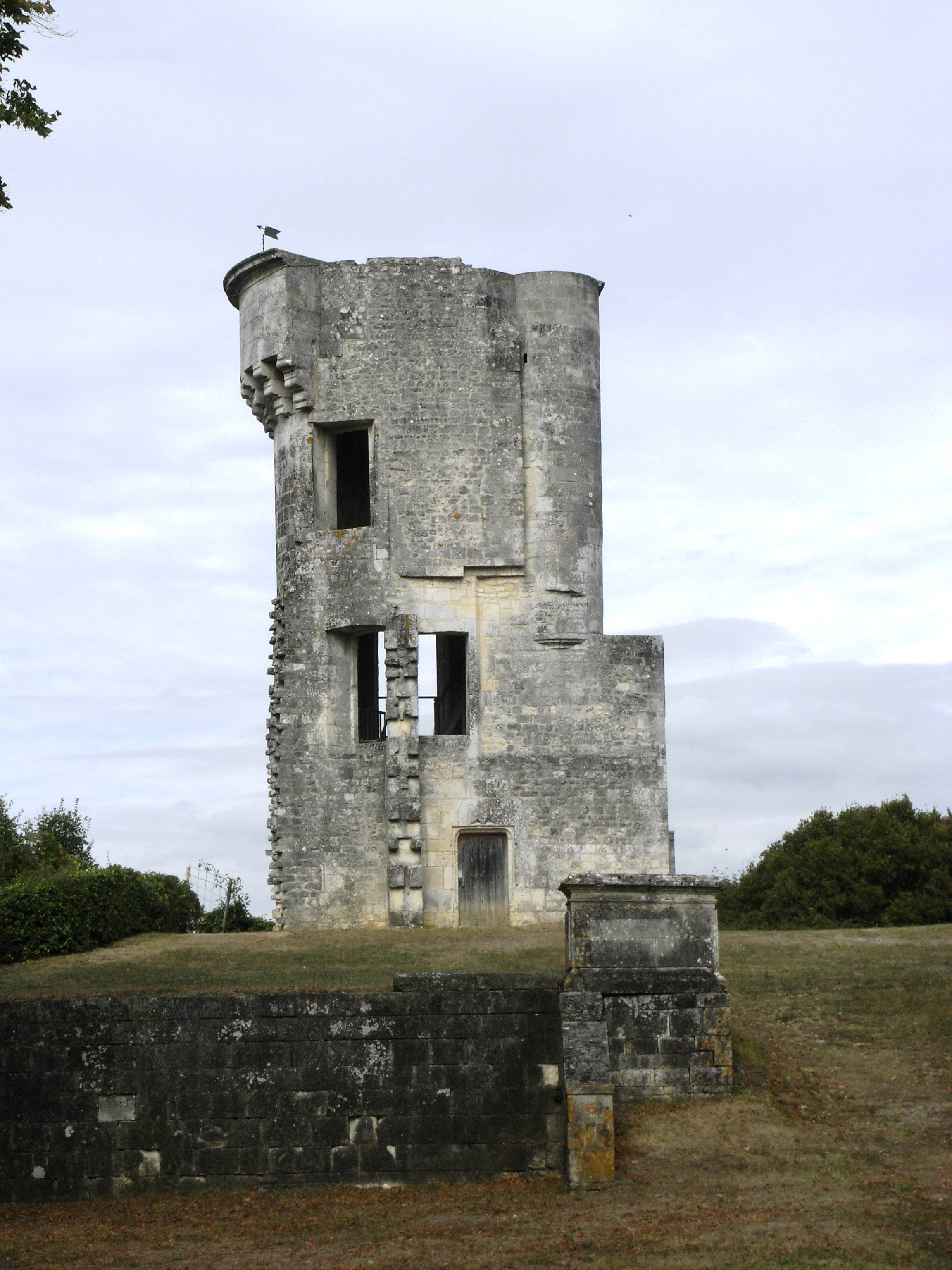|
Statute Of Westminster 1275
The Statute of Westminster of 1275 ( 3 Edw. 1), also known as the Statute of Westminster I, codified the existing law in England, into 51 chapters. Chapters 5 (which mandates free elections) and 50 (which provided savings for the crown) are still in force in the United Kingdom and the Australian state of Victoria whilst part of Chapter 1 remains in force in New Zealand. It was repealed in Ireland in 1983. William Stubbs gives a summary of the statute: Though it is a matter of dispute when ' (Law French for "hard and forceful punishment") was first introduced, chapter 3 states that those felons standing mute shall be put in '. History The Statute of Westminster of 1275 was one of two English statutes largely drafted by Robert Burnell and passed during the reign of Edward I. Edward I had returned from the Ninth Crusade on 2 August 1274 and was crowned King of England on 19 August. His first Parliament was summoned for the quinzaine of the Purification on 16 February 1275 ... [...More Info...] [...Related Items...] OR: [Wikipedia] [Google] [Baidu] |
3 Edw
3 (three) is a number, numeral (linguistics), numeral and numerical digit, digit. It is the natural number following 2 and preceding 4, and is the smallest odd prime number and the only prime preceding a square number. It has religious and cultural significance in many societies. Evolution of the Arabic digit The use of three lines to denote the number 3 occurred in many writing systems, including some (like Roman and Chinese numerals) that are still in use. That was also the original representation of 3 in the Brahmic numerals, Brahmic (Indian) numerical notation, its earliest forms aligned vertically. However, during the Gupta Empire the sign was modified by the addition of a curve on each line. The Nāgarī script rotated the lines clockwise, so they appeared horizontally, and ended each line with a short downward stroke on the right. In cursive script, the three strokes were eventually connected to form a glyph resembling a with an additional stroke at the bottom: ३. ... [...More Info...] [...Related Items...] OR: [Wikipedia] [Google] [Baidu] |
Republic Of Ireland
Ireland ( ), also known as the Republic of Ireland (), is a country in Northwestern Europe, north-western Europe consisting of 26 of the 32 Counties of Ireland, counties of the island of Ireland, with a population of about 5.4 million. Its capital city, capital and largest city is Dublin, on the eastern side of the island, with a population of over 1.5 million. The sovereign state shares its only land border with Northern Ireland, which is Countries of the United Kingdom, part of the United Kingdom. It is otherwise surrounded by the Atlantic Ocean, with the Celtic Sea to the south, St George's Channel to the south-east and the Irish Sea to the east. It is a Unitary state, unitary, parliamentary republic. The legislature, the , consists of a lower house, ; an upper house, ; and an elected President of Ireland, president () who serves as the largely ceremonial head of state, but with some important powers and duties. The head of government is the (prime minister, ), ... [...More Info...] [...Related Items...] OR: [Wikipedia] [Google] [Baidu] |
Edward I Of England
Edward I (17/18 June 1239 – 7 July 1307), also known as Edward Longshanks and the Hammer of the Scots (Latin: Malleus Scotorum), was King of England from 1272 to 1307. Concurrently, he was Lord of Ireland, and from 1254 to 1306 ruled Duchy of Gascony, Gascony as Duke of Aquitaine in his capacity as a vassal of the French king. Before his accession to the throne, he was commonly referred to as the Lord Edward. The eldest son of Henry III of England, Henry III, Edward was involved from an early age in the political intrigues of his father's reign. In 1259, he briefly sided with a baronial reform movement, supporting the Provisions of Oxford. After reconciling with his father, he remained loyal throughout the subsequent armed conflict, known as the Second Barons' War. After the Battle of Lewes, Edward was held hostage by the rebellious barons, but escaped after a few months and defeated the baronial leader Simon de Montfort at the Battle of Evesham in 1 ... [...More Info...] [...Related Items...] OR: [Wikipedia] [Google] [Baidu] |
Robert Burnell
Robert Burnell (sometimes spelled Robert Burnel;Harding ''England in the Thirteenth Century'' p. 159 c. 1239 – 25 October 1292) was an English bishop who served as Lord Chancellor of England from 1274 to 1292. A native of Shropshire, he served as a minor royal official before entering into the service of Prince Edward, the future King Edward I of England. When Edward went on the Eighth Crusade in 1270, Burnell stayed in England to secure the prince's interests. He served as regent after the death of King Henry III of England while Edward was still on crusade. He was twice elected Archbishop of Canterbury, but his personal life—which included a long-term mistress who was rumoured to have borne him four sons—prevented his confirmation by the papacy. In 1275 Burnell was elected Bishop of Bath and Wells, after Edward had appointed him Lord Chancellor in 1274. Burnell was behind the efforts of the royal officials to enforce royal rights during his term of office as chan ... [...More Info...] [...Related Items...] OR: [Wikipedia] [Google] [Baidu] |
Statute
A statute is a law or formal written enactment of a legislature. Statutes typically declare, command or prohibit something. Statutes are distinguished from court law and unwritten law (also known as common law) in that they are the expressed will of a legislative body, whether that be on the behalf of a country, state or province, county, municipality, or so on. Depending on the legal system, a statute may also be referred to as an "act." Etymology The word appears in use in English as early as the 14th century. "Statute" and earlier English spellings were derived from the Old French words ''statut'', ''estatut'', ''estatu,'' meaning "(royal) promulgation, (legal) statute." These terms were in turn derived from the Late Latin ''statutum,'' meaning "a law, decree." Publication and organization In virtually all countries, newly enacted statutes are published and distributed so that everyone can look up the statutory law. This can be done in the form of a government gazette, whi ... [...More Info...] [...Related Items...] OR: [Wikipedia] [Google] [Baidu] |
Law French
Law French () is an archaic language originally based on Anglo-Norman, but increasingly influenced by Parisian French and, later, English. It was used in the law courts of England from the 13th century. Its use continued for several centuries in the courts of England and Wales and Ireland. Although Law French as a narrative legal language is obsolete, many individual Law French terms continue to be used by lawyers and judges in common law jurisdictions. History The earliest known documents in which 'French', i.e. Anglo-Norman, is used for discourse on English law date from the third quarter of the thirteenth century, and include two particular documents. The first is the 1258 '' Provisions of Oxford'', consisting of the terms of oaths sworn by the 24 magnates appointed to rectify abuses in the rule of King Henry III, together with summaries of their rulings. The second is the ''Casus Placitorum'' (), a collection of legal maxims, rules and brief narratives of cases. In t ... [...More Info...] [...Related Items...] OR: [Wikipedia] [Google] [Baidu] |
Peine Forte Et Dure
' ( Law French for "hard and forceful punishment") was a method of torture formerly used in the common law legal system, in which a defendant who refused to plead ("stood mute") would be subjected to having heavier and heavier stones placed upon their chest until a plea was entered, or death resulted. Many defendants charged with capital offences would refuse to plead in order to avoid forfeiture of property. If the defendant pleaded either guilty or not guilty and was executed, their heirs would inherit nothing, their property escheating to the state. If they refused to plead their heirs would inherit their estate, even if they died in the process. Legal background At the beginning of the thirteenth century, criminal cases in England could be tried either by ordeal or by judicial combat. Priests were involved in trials by ordeal, e.g. in heating the iron which the accused had to hold (and possibly letting it cool before the accused had to seize it). In 1215 the Fourth Latera ... [...More Info...] [...Related Items...] OR: [Wikipedia] [Google] [Baidu] |
Statute Of Marlborough
The Statute of Marlborough ( 52 Hen. 3.) is a set of laws passed by the Parliament of England during the reign of Henry III in 1267. The laws comprised 29 chapters, of which four are still in force. Those four chapters constitute the oldest piece of statute law in the United Kingdom still in force . Nomenclature and dating The statute is so named as it was passed at Marlborough in Wiltshire, where a Parliament was being held. The preamble dates it as "the two and fiftieth year of the reign of King Henry, son of King John, in the utas of Saint Martin", which would give a date of 18 November 1267; "utas" is an archaic term to denote the eighth day (in inclusive counting, so seventh day in normal English usage) after an event, in this case the feast day of Saint Martin. The full title of the act passed that day was } in Latin, yielding an English ''Provisions made at Marlborough in the Presence of our lord King Henry, and Richard King of the Romans, and the Lord Edward eldest ... [...More Info...] [...Related Items...] OR: [Wikipedia] [Google] [Baidu] |
Provisions Of Oxford
The Provisions of Oxford ( or ''Oxoniae'') were constitutional reforms to the government of late medieval England adopted during the Oxford Parliament of 1258 to resolve a dispute between Henry III of England and his barons. The reforms were designed to ensure the king adhered to the rule of law and governed according to the advice of his barons. A council of fifteen barons was chosen to advise and control the king and supervise his ministers. Parliament was to meet regularly three times a year. Like the earlier Magna Carta, the Provisions of Oxford demonstrated the ability of the barons to press their concerns in opposition to the English monarchy. Henry's failure to abide by the reforms sparked the Second Barons' War, which ended with Henry's victory and the restoration of royal authority. The Provisions of Oxford were annulled in 1266 by the Dictum of Kenilworth. Background Henry III became king in 1216 when he was still a child, so a regency government was appointed. ... [...More Info...] [...Related Items...] OR: [Wikipedia] [Google] [Baidu] |
Richard I Of England
Richard I (8 September 1157 – 6 April 1199), known as Richard the Lionheart or Richard Cœur de Lion () because of his reputation as a great military leader and warrior, was King of England from 1189 until his death in 1199. He also ruled as Duke of Normandy, Duke of Aquitaine, Aquitaine, and Duchy of Gascony, Gascony; Lord of Cyprus in the Middle Ages, Cyprus; Count of Poitiers, Counts and dukes of Anjou, Anjou, Count of Maine, Maine, and Count of Nantes, Nantes; and was overlord of Brittany at various times during the same period. He was the third of five sons of Henry II of England and Eleanor of Aquitaine and was therefore not expected to become king, but his two elder brothers predeceased their father. By the age of 16, Richard had taken command of his own army, putting down rebellions in Poitou against his father. Richard was an important Christian commander during the Third Crusade, leading the campaign after the departure of Philip II of France and achieving sev ... [...More Info...] [...Related Items...] OR: [Wikipedia] [Google] [Baidu] |
Henry II Of England
Henry II () was King of England The monarchy of the United Kingdom, commonly referred to as the British monarchy, is the form of government used by the United Kingdom by which a hereditary monarch reigns as the head of state, with their powers Constitutional monarchy, regula ... from 1154 until his death in 1189. During his reign he controlled Kingdom of England, England, substantial parts of Wales in the High Middle Ages, Wales and Lordship of Ireland, Ireland, and much of Kingdom of France, France (including Duchy of Normandy, Normandy, County of Anjou, Anjou, and Duchy of Aquitaine, Aquitaine), an area that altogether was later called the Angevin Empire, and also held power over Kingdom of Scotland, Scotland and the Duchy of Brittany. Henry was the eldest son of Geoffrey Plantagenet, Count of Anjou, and Empress Matilda, Matilda, daughter of Henry I of England. By the age of fourteen, he became politically and militarily involved in The Anarchy, his mother's efforts ... [...More Info...] [...Related Items...] OR: [Wikipedia] [Google] [Baidu] |
Amercement
An amercement is a financial penalty in English law, common during the Middle Ages, imposed either by the court or by peers. While it is often synonymous with a fine, it differs in that a fine is a fixed sum prescribed by statute and was often voluntary, while an amercement is arbitrary. Amercements were commonly used as a punishment for minor offences (such as trespassing in the king's forest), as an alternative to imprisonment. Etymology The noun "amercement" derives from the verb to amerce: a king would amerce his subject, who had broken a law. The term is of Anglo-Norman origin ( Law French, from French, from Latin), and literally means "being at the mercy of": ''a-merce-ment'' (the English word mercy is cognate). History Early Norman rule A system of amercements was in place as early as the Norman Conquest of 1066, but was still regarded as an innovation when Henry I acceded to the throne in 1100. As the number of entities having legal jurisdiction over a given locat ... [...More Info...] [...Related Items...] OR: [Wikipedia] [Google] [Baidu] |








